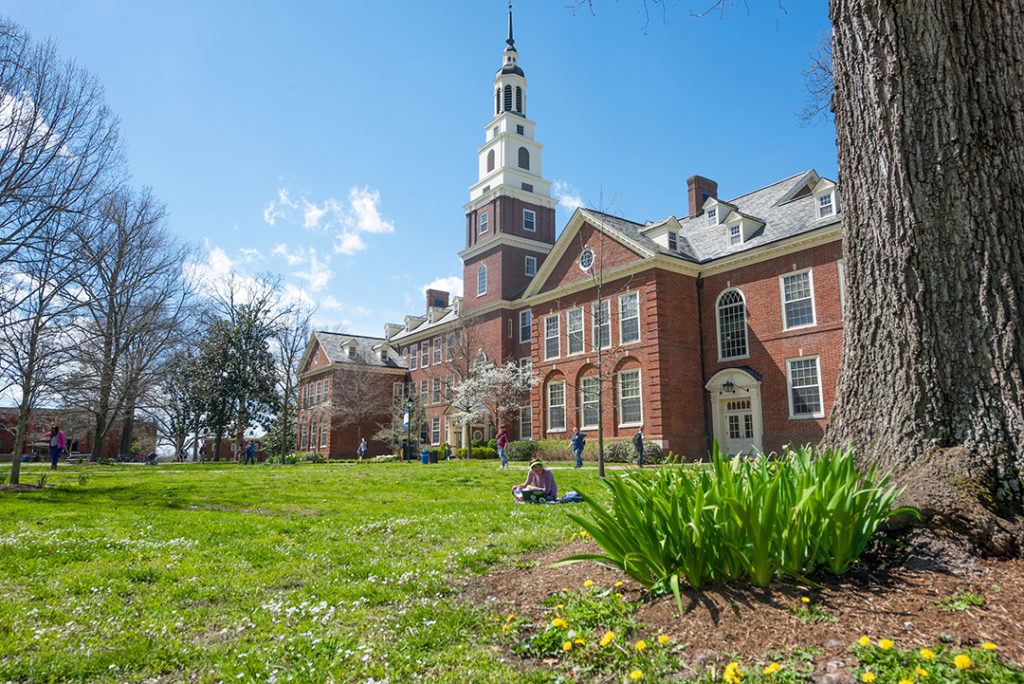
Question: What do Harvard, Duke, Stanford, Princeton and Berea have in common?
Answer: They were all named as the top five elite universities that also are the most affordable for low-income families.
Skyler Lucci, CEO of HeyTutor, says that with need-blind admissions and generous financial aid programs, “America’s most elite universities are also the most affordable for low-income families while also providing an excellent education.” Berea College is among the top 5.
Using data from research conducted by The Hamilton Project, an economic policy initiative at the Brookings Institution, Lucci’s article, published by T74 (the74million.org) states that sometimes students and parents don’t fully understand the financial aid process or the difference between the published and net prices. As a result, low-income students may (wrongly) assume elite schools will be too expensive for them, when in fact, substantial financial resources are available to them. For example, Lucci points out that “Unlike most colleges in the U.S., Berea does not charge tuition in the traditional sense. Instead, it covers costs through endowment income, funds from donations and other sources of financial aid.” The article also states that Berea is an “. . . excellent institution of higher education for students with limited economic means.”